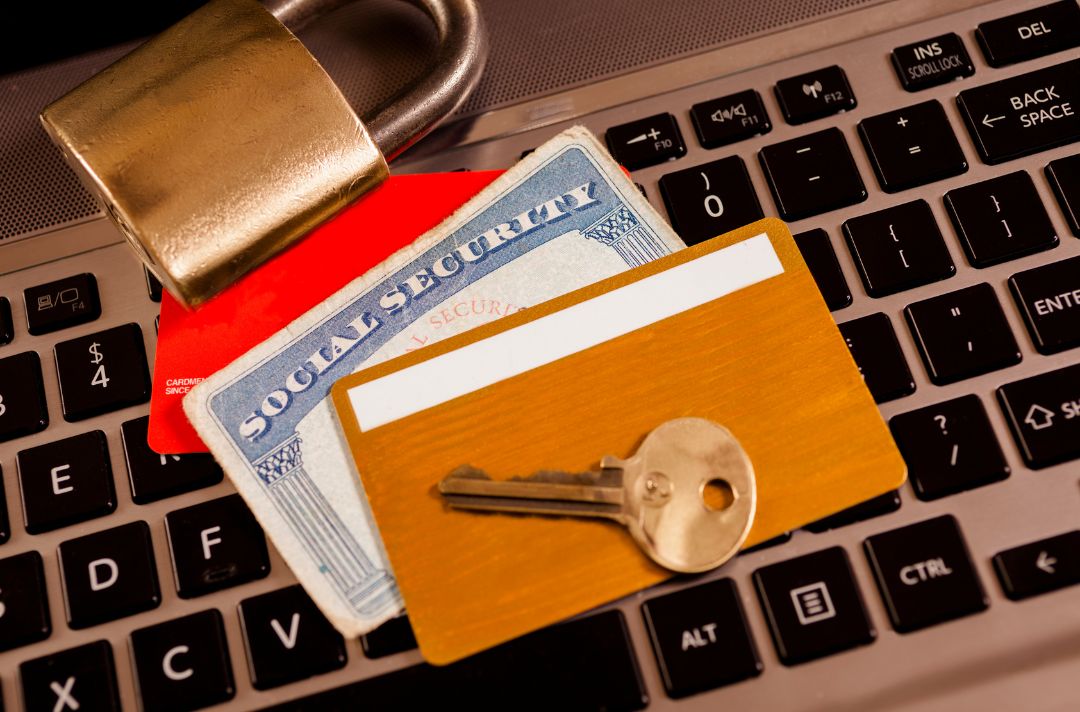Fraud Defense Lawyers in Maryland
Experienced Attorneys Ready to Fight for You






If you’re accused of fraud, the consequences can be severe, ranging from a felony conviction to fines as high as $25,000.00 and a prison sentence of up to 15 years. Even if the charges result in a misdemeanor, which often happens in cases involving less than $500.00 in defrauded value, the situation remains grave and necessitates the expertise of a competent Maryland fraud attorney. Our fraud defense lawyers will diligently navigate the legal process to secure the most favorable resolution for your case. They possess the requisite skills to assist you with any fraud-related charges in the region.
What are Bad Checks?
Under § 8-103, the Maryland criminal code addresses various offenses, including those related to bad checks. It prohibits the issuance of checks with knowledge of insufficient funds or with the intent to stop payment before clearance, as stated in subsection (b) of the same code.
Furthermore, § 8-106 delineates the consequences of bad check fraud in Maryland. Writing a bad check with the aim of acquiring services or property valued at $500.00 or more constitutes a felony. Offenders may face a fine of up to $1,000.00 and a maximum prison sentence of 15 years. Similarly, the same penalties apply if multiple checks are issued within a 30-day period to procure goods or services totaling over $500.00.
Under code § 8-106(c), the repercussions for writing bad checks to acquire goods or services valued at less than $500.00 are notably lighter. Here, the offense constitutes a misdemeanor, entailing a fine of up to $100.00 and a maximum imprisonment of 18 months. Should the value of the acquired products or services fall below $100.00, the penalty remains a misdemeanor, with a fine capped at $500.00 and a jail term not exceeding 90 days. It’s advisable to seek guidance from a Maryland fraud attorney to navigate through these legal matters effectively.
Credit Card Crimes
Title 8, Subtitle 2 of the Maryland criminal code addresses offenses related to credit card theft, counterfeiting, and fraudulent property acquisition using manipulated credit cards. § 8-203 explicitly prohibits individuals from providing false identity information to obtain a credit card, constituting a misdemeanor punishable by a fine of up to $500.00 and a maximum jail term of 18 months.
Under Criminal Code § 8-204, credit card theft encompasses various actions such as taking a credit card from someone else, knowingly receiving a stolen credit card with the intention to sell it, possessing a credit card known to be lost, or engaging in the sale or purchase of credit cards. Such offenses are also classified as misdemeanors, carrying penalties such as potential imprisonment of 18 months and monetary fines not exceeding $500.00.
Code 8-205 of the legal code forbids the fabrication or alteration of credit cards, as well as the knowing possession or transfer of a counterfeit card. Subsection (c) specifically outlaws signing the back of a credit card with fraudulent intent. Those found guilty of such offenses may face felony charges, along with a fine not exceeding $1,000.00 and a maximum prison sentence of 15 years.
Code 8-206 of the legal code prohibits the acquisition of property or services through the use of a misrepresented, stolen, or counterfeit credit card. For instance, if you take someone’s wallet and utilize their credit card for purchases, you could be subject to penalties necessitating legal representation from a Maryland fraud lawyer. These penalties include:
- Felony charges, accompanied by a $1,000.00 fine and up to 15 years of imprisonment if the purchased goods surpass $500.00 in value.
- Misdemeanor charges, resulting in a $500.00 fine and a jail term of 18 months, should the value of the goods fall between $100.00 and $500.00.
- Misdemeanor charges, with a $500.00 fine and up to 90 days of imprisonment if the value of the acquired goods is less than $100.00.

Identity Fraud
As any adept attorney can confirm, with the Internet becoming increasingly accessible, identity fraud has surged in Maryland in recent years. Maryland’s criminal code, specifically § 8-301, rigorously prohibits all forms of identity fraud. Section (b) of this statute expressly forbids the willful, knowing acquisition of personal identifying information without consent and with fraudulent intent. To qualify as fraudulent, the accused must have the intention to use, sell, or transfer such information to gain a benefit, service, goods, credit, or any valuable item. Additionally, section (c) of this code criminalizes assuming another individual’s identity to evade identification, prosecution, or apprehension for a crime, dodge debt repayment, or unlawfully acquire anything of value.
Penalties for identity theft offenses vary significantly based on the particular conditions surrounding the offense and the monetary value of the fraudulent transactions. For instance, when the value of the acquired goods surpasses $500.00, the consequences entail a fine of up to $25,000.00, a potential imprisonment of up to 15 years, and a felony conviction. Conversely, if identity fraud is perpetrated to evade arrest or prosecution for another offense, it constitutes a misdemeanor, punishable by a fine of up to $5,000.00 and a maximum jail term of 18 months.
What Constitutes the Exploitation of Vulnerable Adults?
Section 8-801 of the Maryland criminal code addresses offenses related to the exploitation of vulnerable adults. These individuals are defined as those aged 68 or older or adults with mental disabilities hindering their self-care abilities. Subsection (b) prohibits the deliberate acquisition of a vulnerable adult’s property through undue influence, intimidation, or deceit. For instance, telephone scams aimed at the elderly to unlawfully acquire money or assets fall within this provision.
Penalties for exploiting a vulnerable adult, as elucidated by Maryland fraud attorneys, vary based on the value of the misappropriated property, assets, or funds. If the value exceeds $500.00, it constitutes a felony, punishable by a fine of up to $10,000.00 and a maximum prison sentence of 15 years. For amounts below $500.00, it constitutes a misdemeanor, carrying a fine of up to $500.00 and a jail term of up to 18 months. Regardless, the perpetrator must return the stolen property to its rightful owner or their estate if deceased.
Contact a Fraud Lawyer in Maryland
Fraud encompasses a wide range of activities within the realm of criminal justice. If individuals suspect they’re under investigation for any fraud-related accusation, seeking counsel from a Maryland fraud attorney promptly is advisable. In the event they’re approached by a police officer seeking dialogue, they retain the right to request consultation with their attorney before providing any responses.


